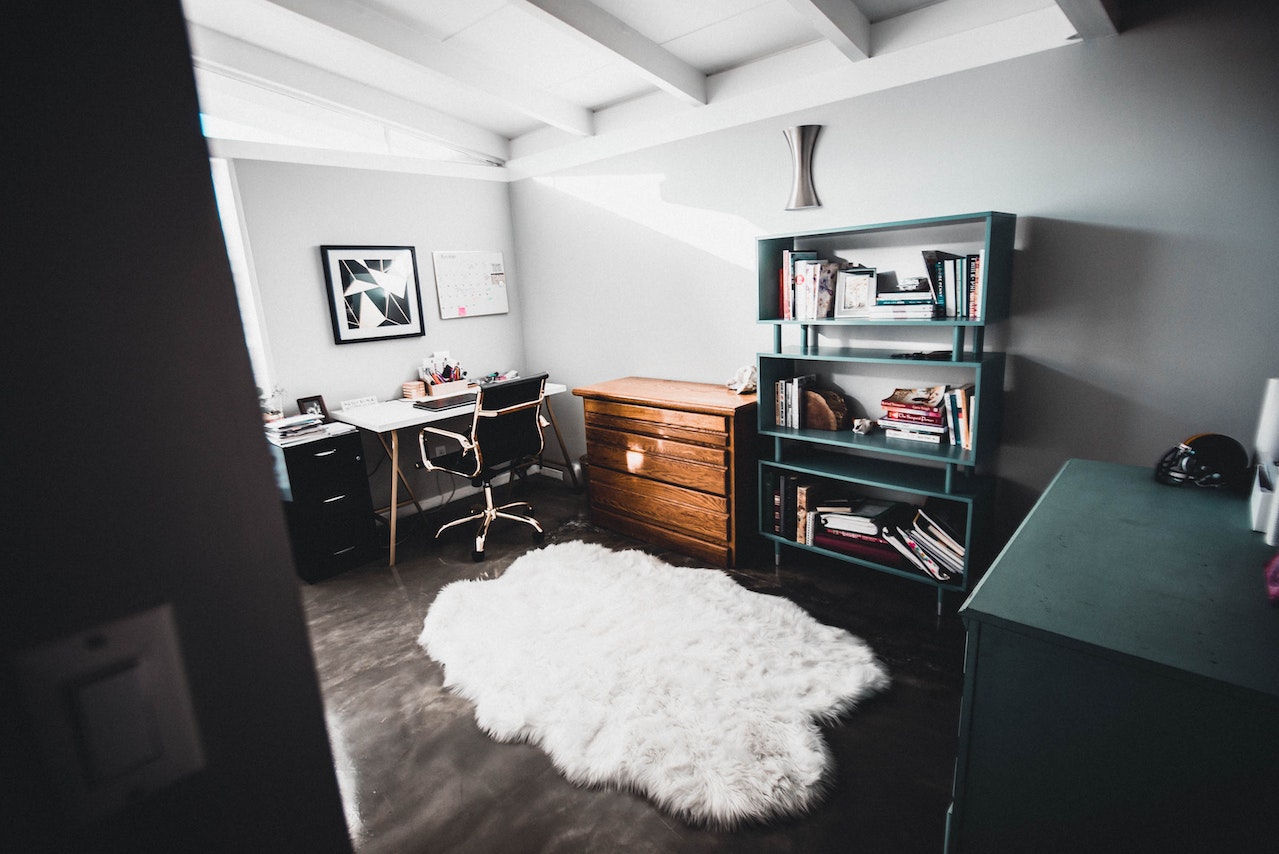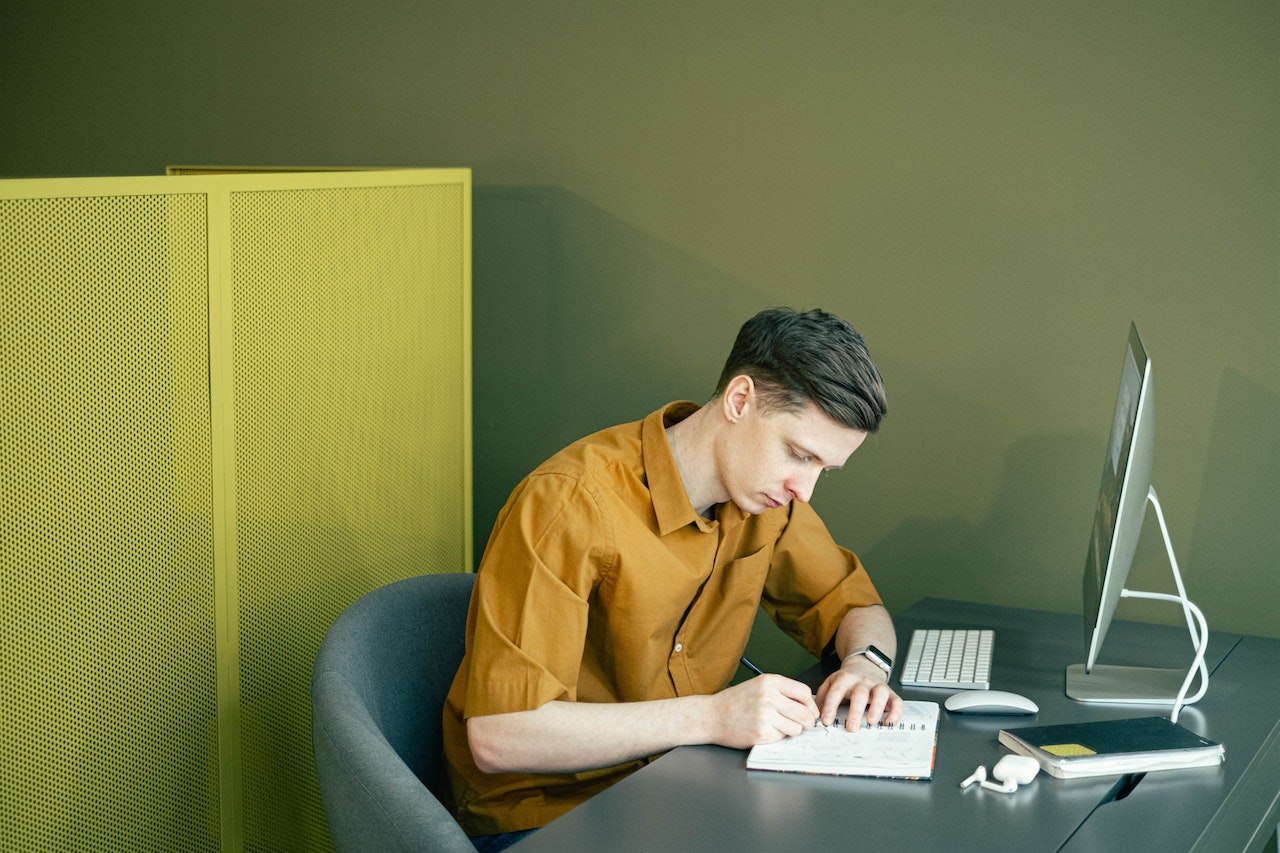9 Habits of Productive People
Published
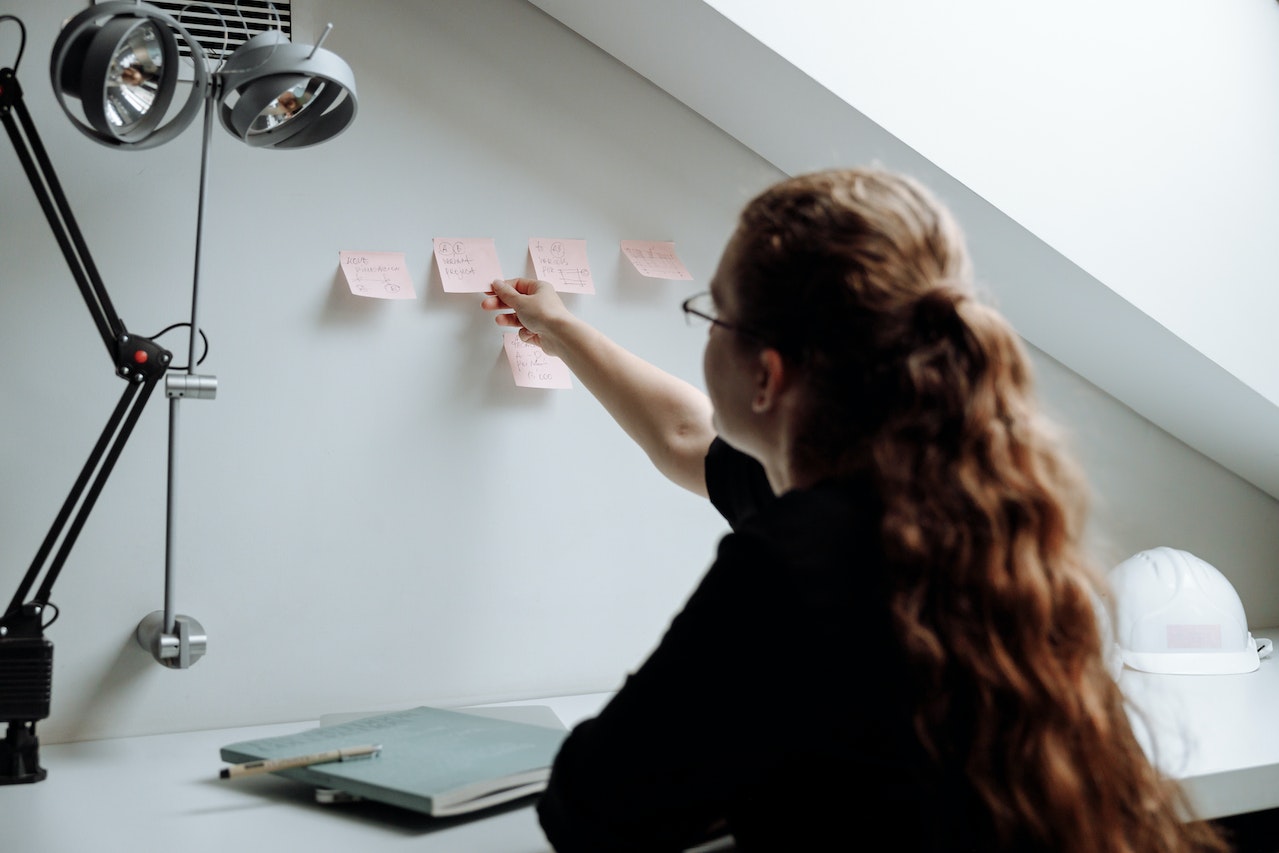
It doesn't matter what you do or where you work - everyone is looking for ways to be more productive at work. But excessive amounts of caffeine and list-making won't get you anywhere if you want to achieve peak productivity today.
So why are we all so obsessed with productivity? Probably because in the digital age, staying on task and avoiding distractions is harder than getting actual work done. Not to mention, there's something euphoric about the feeling of a productive day at work.
This search for a more productive workday has led to some misunderstanding of what productivity really is - and it's much more than checking off tasks on the to-do list. Truly productive people don't focus on getting more things done; this is actually the opposite of productivity. If you really want to be productive, you have to make an effort to do fewer things.
To find out the secret to a more productive workday, I spoke to project management and productivity expert Tony Wong. He gave me excellent insight into what he and other like-minded people do during their work week.
Make room for more productivity by implementing these habits:
1. Halve your to-do list
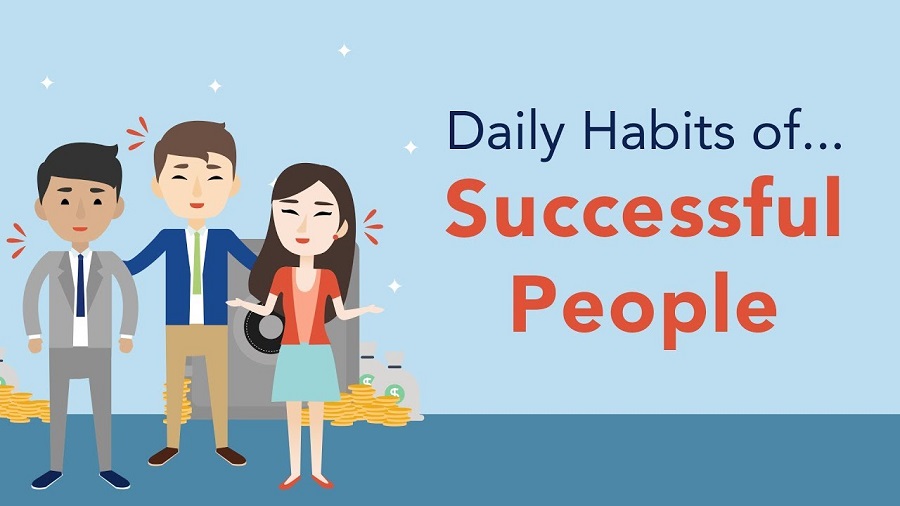
Those : studyingram.com
Getting things done during the workday shouldn't mean getting as much done as possible in the allotted eight hours. Do you really need the 30 tasks on your to-do list? Do more with less by focusing only on the things that really matter.
2. Take more breaks
The pain in your brain after several hours of work should be your signal to take a break. Since your brain has used up its glucose, you should take a moment to refresh yourself by going for a walk, eating lunch, having a snack, or simply meditating. So you come back recharged and ready to perform better.
3. Follow the 80/20 rule
Just 20 percent of what you do every day produces 80 percent of your results. Eliminate the things that don't matter during your workday - they have a minimal impact on your overall productivity. For example, break down your next project into individual steps and systematically remove tasks until you get to the 20 percent that deliver 80 percent of the results.
4. Use the morning to focus on yourself
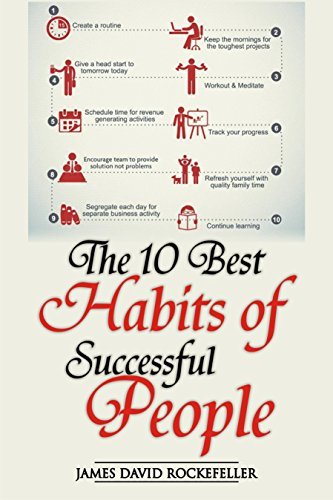
Those : goodreads.com
Checking your email and calendar first thing in the morning is a huge productivity killer. This allows others to dictate what you have to do. Start your day right by ignoring your emails in the morning and eating a good breakfast, reading the news, meditating or exercising. This will ensure you have the fuel you need for a productive day.
5. Complete your difficult tasks before lunch
Complete your hardest tasks when your brain is fresh. If you have a lot of work or meetings, save them for the afternoon. Planning your day this way will help you organize your time in a new and more productive way.
6. Improve your email etiquette
Emails are a productivity killer and usually distract from important tasks - don't fall into this productivity trap. For example, emails from multiple people are often copied in order to get rid of them. However, this is a sign of laziness and distracts everyone else by pushing the tasks that need to be done into the background.
If you receive an email that has multiple people CCed on it, do everyone a favor by BCCing them in your reply. If your email chain includes more than two replies, it's time to pick up the phone.
7. Create a system
You've probably developed some productivity-hindering habits over the years. Get control of your distractions by developing a system. For those of you who compulsively check your email, you should set aside a time slot in the morning, afternoon, and evening to check your inbox. Otherwise, you will be distracted from achieving more important goals throughout the day.
8. Don't confuse productivity with laziness

Those : achangeforbetter.com
No one likes to admit it, but laziness is the number one cause of lost productivity. In fact, many so-called time-saving methods - e.g. B. Meetings and emails - in reality just a way to avoid actual work. Focus on getting the things that matter most done as efficiently and effectively as possible.
9. Stop multitasking
Don't try to do 10 things at once! If you switch tasks more than 10 times a day, your IQ will drop by an average of 10 points. Get things done more effectively and efficiently by focusing on one task at a time.

